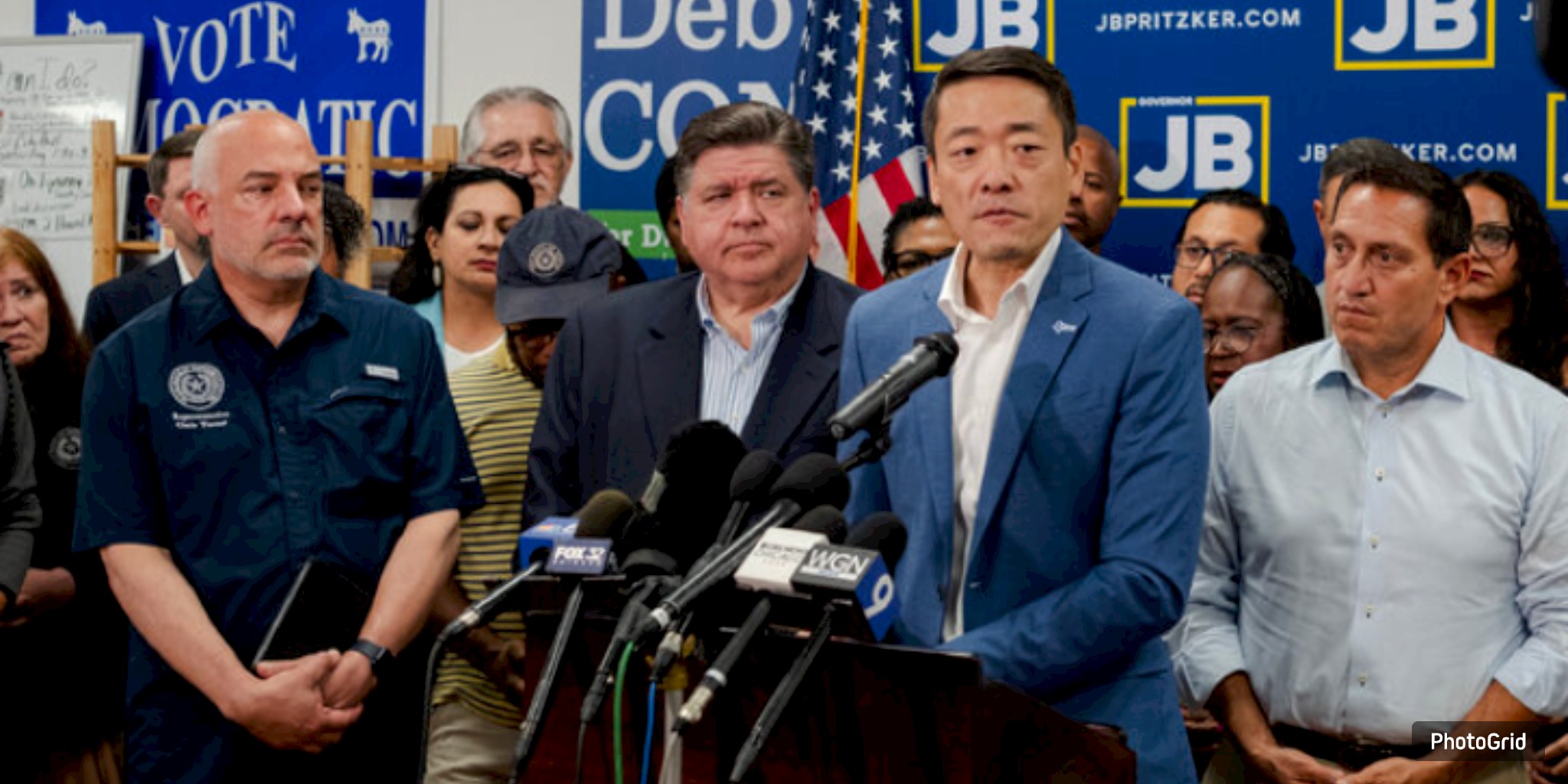With a key 3 p.m. deadline looming on Monday, over 50 Texas House Democrats remained out of state in a dramatic effort to block a controversial GOP redistricting plan. Their absence has triggered a legislative stalemate that could result in fines, forced removal from office, and a halt to lawmaking in the state.

As of Monday, over 50 Texas House Democrats continue to be absent from the state, disregarding a 3 p.m. return deadline and intensifying a constitutional standoff regarding redistricting that jeopardizes the Legislature’s operational capacity.
Texas House Democrats continued their out-of-state protest against a Republican-supported redistricting initiative, escalating tensions into a significant legislative crisis that carries serious political and legal ramifications.
Over 50 Democratic lawmakers have left Texas, reportedly heading to cities such as Chicago, New York, and Boston. This strategic departure aims to prevent the Texas House from achieving a quorum, which requires two-thirds of its members to be present to conduct business. The decision effectively halts a contentious congressional map that Democrats claim is a racial gerrymander aimed at solidifying GOP dominance, which could lead to the addition of up to five new Republican-held congressional seats.
Republicans assert that the redistricting aligns with demographic shifts following the 2020 Census, while Democrats contend it undermines the representation of communities of color and stifles political competition in a state that is diversifying quickly.
According to House Rule 5, Section 8, the sergeant-at-arms possesses the power to detain and return lawmakers within the borders of Texas, but lacks the authority to act outside of state lines. In a move to escalate the situation, every Democrat who is not present will incur a daily penalty of $500. This fee is non-negotiable and cannot be covered by campaign finances. Should the impasse persist throughout the entire 30-day special session, every legislator may face fines totaling up to $15,000.
Governor Greg Abbott has intensified the standoff, warning that he may utilize Attorney General Opinion No. KP-0382, which could enable the removal of absentee members via legal actions called quo warranto, possibly leading to special elections.
The absence of a quorum hinders the House's ability to advance any legislation, including significant measures related to flood recovery and THC regulation. Only procedural motions, including attempts to ensure attendance or to adjourn, are allowed.
In a statement, Abbott described the boycott as a “dereliction of duty,” pledging prompt action. “This absence will cease immediately,” he declared.
The current scenario represents a significant clash in Texas's legislative landscape, highlighting the stakes involved in the balance of power within the state's congressional delegation and the implications for future legislative actions.
.jpg)
Texas added more residents than any other state in 2025, growing by more than 391,000 people, according to newly released U.S. Census Bureau data. But the state’s overall growth rate slowed as international immigration declined sharply nationwide.
.jpg)
A federal grand jury has indicted two Conroe sisters on kidnapping and forced labor charges after authorities say they beat, restrained and exploited a 12-year-old child over six months in 2025. The child is safe and receiving medical care. Both women face up to life in prison if convicted.
.jpg)
Willis ISD has dismissed its lawsuit against the city of Conroe over water service to Calfee Middle School. A judge signed an order of nonsuit this week, clearing the way for the district and city to finalize an agreement for permanent water service.